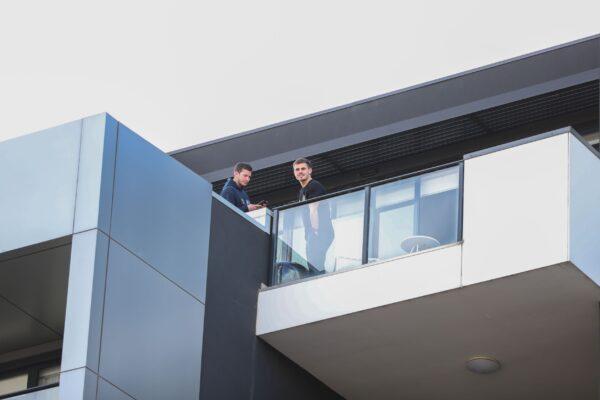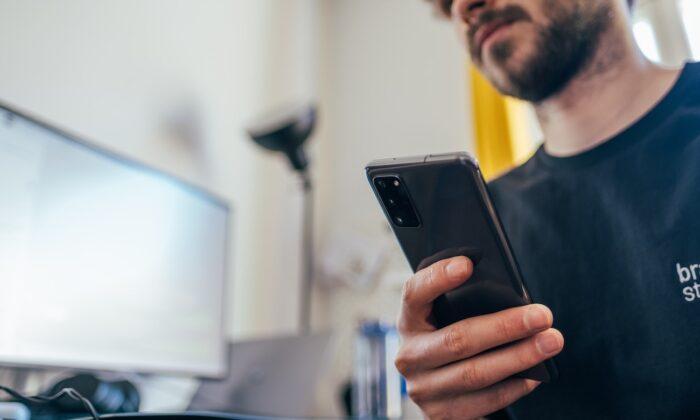Known as “Quarantine SA,” the mobile app tracks users’ location at each random check-in request to make sure they are at an approved address.
The app is supported by the state’s health and police departments.
Several live face recognition and geolocation check-ins are done on a randomised schedule at various intervals throughout the day to confirm the individual is at an approved address and complying with home quarantine mandates.
Users have just 15 minutes to respond to the random check in and if they miss one, they will receive a follow-up phone call from the Home Quarantine SA team to discuss the reason why.
If an individual misses the phone call from the Home Quarantine SA team for whatever reason, a compliance officer may visit the approved address to check they are there.
According to the official government website, the app “provides support and resources to enable you to safely quarantine at home” and will “increase South Australia’s quarantine capacity and provide a safe, sustainable and cost effective alternative to medi-hotel quarantine.”

People wanting to return to South Australia, and who have been approved to use the home quarantine app, will have to apply by providing their full legal name, date of birth, approved quarantine address, mobile phone number and email address.
People will still be required to quarantine for 14 days.
Back in August, South Australian Premier Steven Marshall said the app was being rolled out to make home-based quarantine more cost-effective.
“Now we have had a great uptake of the QR code check-in app here in South Australia, people say it’s the best in the country, I think they’re right and now we are the national selected pilot for this home-based quarantine app.”

He noted that the app was part of a pilot that consisted of 50 people, but it would be expanded to international travellers in “subsequent weeks.”
“I think every South Australian should feel pretty proud that we are the national pilot for the home-based quarantine app,” Marshall added.
Originally due to end on Sept. 17, the emergency powers, which have been in place since March 2020, will continue until Dec. 17.





